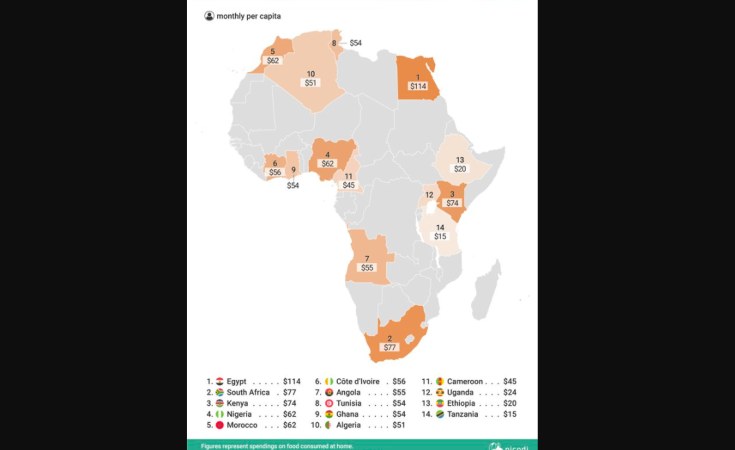The World Bank yesterday said that Nigeria's economic growth is insufficient to reduce the number of people living in extreme poverty in the country.
The World Bank stated this in the April 2023 edition of Africa Pulse titled: "Leveraging Resource Wealth During The Low Carbon Transition."
About 88.4 million Nigerians live in extreme poverty while 133 million Nigerians are multi-dimensionally poor, according to data from the National Bureau of Statistics, NBS.
While projecting that Nigeria's economic growth will weaken to 2.8 per cent in 2023 from 3.3 per cent in 2022, the World Bank also stressed that the incoming administration faces many policy challenges including subdued crude oil production, high inflation among others.
Meanwhile the World Bank has stressed the need to complement anti inflation policies with income support measures, including via cash or food transfers, to protect the most vulnerable from stubbornly high inflation--particularly food inflation.
The World Bank said: " The growth recovery in Nigeria for 2023 (2.8 percent) is still fragile as oil production remains subdued and the new administration faces many policy challenges.
"The Nigerian economy is set to grow by 2.8 percent in 2023, down from 3.3 percent in 2022. It is expected to accelerate slightly to an average annual rate of 3 percent in 2024-25.
"This translates into growth per capita of 0.2 percent in 2023 and 0.4 percent in 2024-25, which is insufficient to reduce extreme poverty in the country.
"Growth will continue to be driven by services, trade, construction, manufacturing, and agriculture. Oil production is projected to remain subdued in 2023, because of inefficiencies and insecurity, and recover slightly in 2024- 25. On the production side, growth in 2023 will be supported by industry (with growth of 5.6 percent) with the mega-refinery project.
"Inflation rates remain high and above targets despite the early and sizable interest rate hikes undertaken by African central banks. For instance, the monetary authorities in Ghana, Mozambique, Nigeria, South Africa, and Uganda, among others, raised their monetary policy rates swiftly to record highs over the past two years. Weaknesses in monetary transmission across African countries might explain the reduced effectiveness of the tightening cycle. Inadequate tools for policy implementation and lack of policy independence can contribute to weak transmission.
"In sub-Saharan Africa, curbing inflation remains essential to boost people's incomes and reduce uncertainty around consumption and investment plans. Policies to fight against inflation should be complemented by income support measures (via cash or food transfers) to protect the most vulnerable from stubbornly high inflation--particularly, food inflation."


